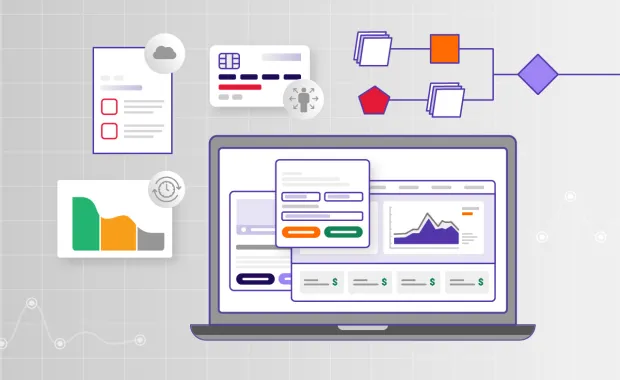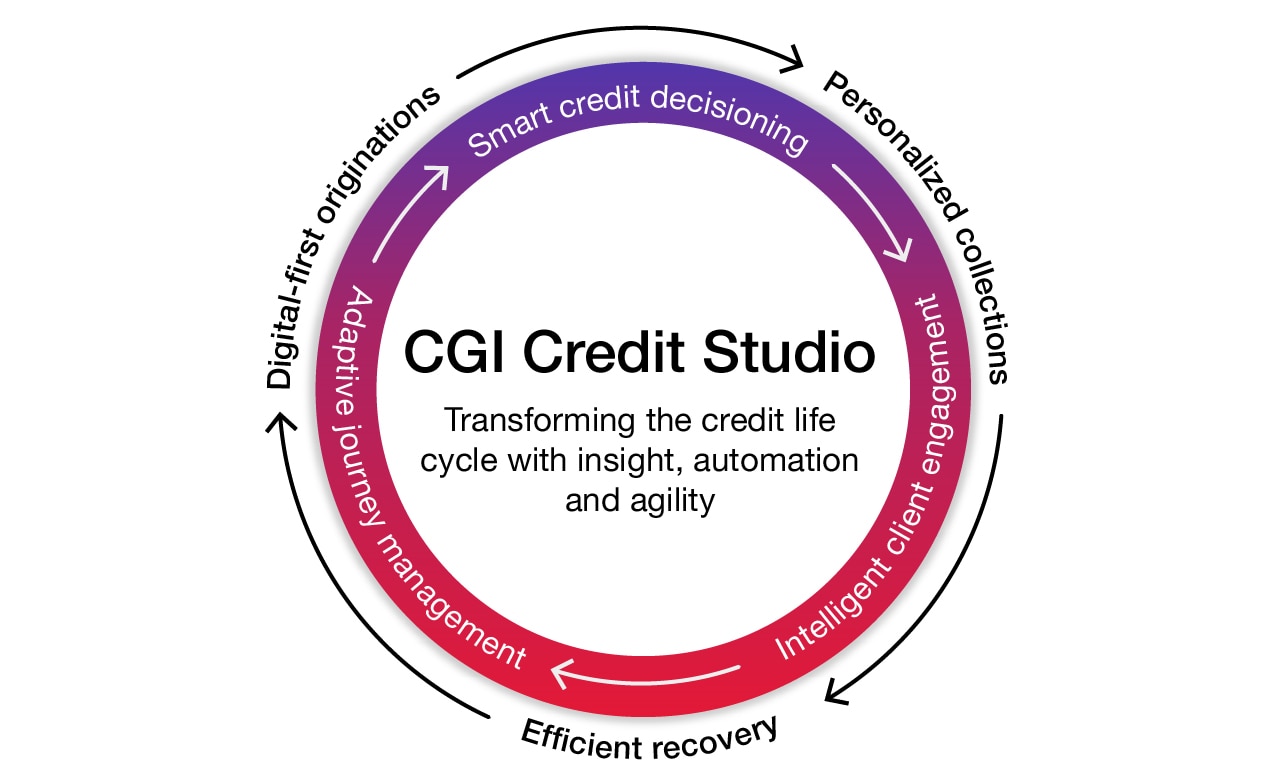Adam works with clients to address their needs across the credit life cycle. He has more than 20 years of experience in banking and technology, with deep expertise in default management and contact center optimization.
Case study












